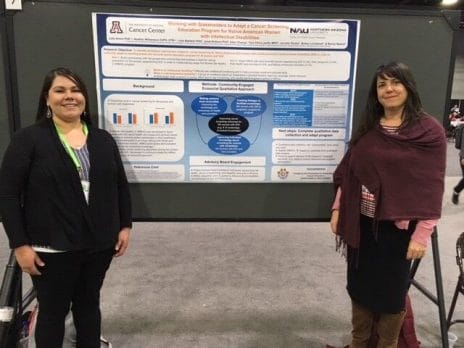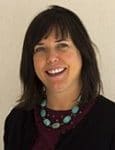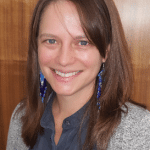
Improving Shared Decision-Making about Cancer Screening Among American Indian Women Experiencing Intellectual Disabilities
Co-Leaders
Julie Armin, PhD (UACC) and Heather Williamson DrPH, MBA (NAU)
Mentor and Co-Investigator
Julie A. Baldwin, PhD (NAU)
Background and Relevance
American Indian (AI) women and women with intellectual and/or developmental disabilities (IDD) experience disparities in receiving routine breast and cervical cancer screenings. There is a vital need to develop tools and resources designed to encourage breast and cervical cancer screening among these populations. This research will contribute to the development of effective cancer education programs for AI women with IDD, thereby helping to address barriers and increase participation in cancer screening.
The American Association on Intellectual and Developmental Disabilities defines intellectual disability as characterized by difficulty with intellectual functioning and in many everyday social and practical skills. Developmental disabilities are a group of conditions due to an impairment in physical, learning, language, and/or behavior. These conditions begin when a person is young, may affect day-to-day functioning, and usually last throughout a person’s lifetime.
Objective
This research study seeks to address breast and cervical cancer screening disparities among AI women with IDD by building partnerships with Native communities to culturally adapt an existing cancer screening education program for women with IDD.
Methods
Using a community-based participatory approach, we will work with AI women with IDD, their family caregivers, their health care providers, and leaders in partnering with Native communities to culturally adapt an existing breast and cervical cancer education program (Women Be Healthy 2 [WBH2]) for AI women with IDD. An Advisory Board (AB) composed of experts in Native health, cancer programming, and the specific needs of individuals with IDD will provide guidance on the research approach and implementation. Both NAU and UA NACP students will be mentored in research throughout the process.
In year one, we will build relationships with AI groups that express a need for cancer prevention and education programming for women with IDD. After identifying partner groups, we will create a research team, secure any required tribal council approvals and/or resolutions of support, and obtain Institutional Review Board approval for year two activities. In year two, we will work with our community partners to adapt the WBH2 program for women with IDD. In-depth interviews in year two with Native women experiencing IDD, their caregivers and support people, health care providers, and community members will offer insight into cancer screening influences at levels of the individual, family, community, and health care system. These insights will inform the adaptation of the WBH2 program to reflect community-specific program delivery and cultural considerations.


